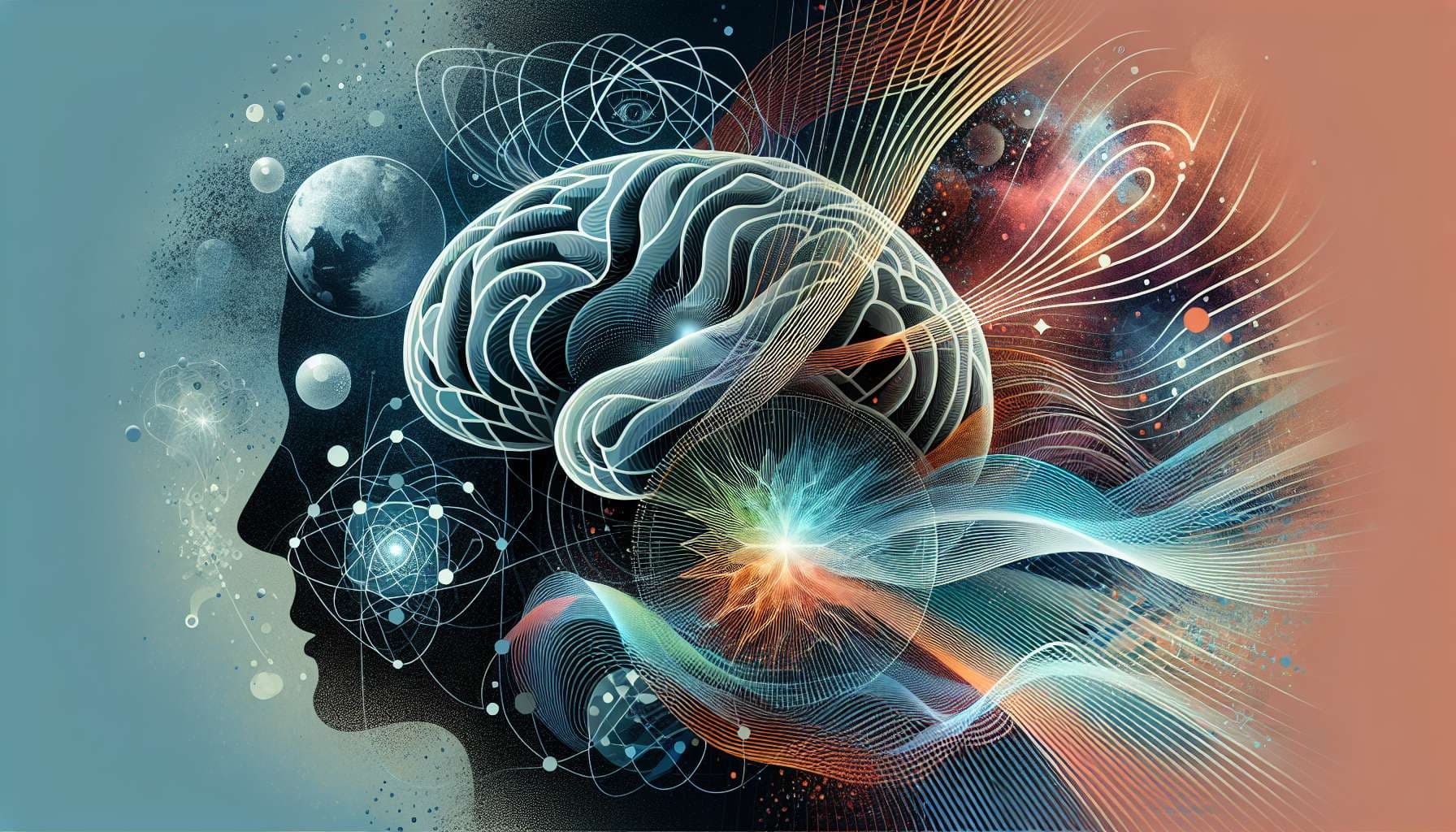
This market resolves as YES if there is a majority consensus among experts among scientists in the fields of neuroscience and quantum mechanics that some aspects of quantum consciousness are correct. For the purposes of this market, quantum consciousness means that quantum mechanics plays a role in how the cognition or consciousness works, that otherwise cannot be explained by the classical laws of physics. An example of a quantum consciousness theory is the microtubule theory proposed by Roger Penrose and Stuart Hameroff. However, the theory does not need to be comprehensive; it is sufficient to resolve YES if quantum mechanics to play a minor or supportive role in the brain.
An approximate 50% consensus among experts in these fields is necessary for the resolution to be YES.
Examples of scientific concepts with more than 50% consensus:
- The existence of dark matter
- The eventual heat-death of the universe
- Abiogenesis
- The universe being infinitely large
Examples of theories lacking sufficient consensus:
- Nuclear power being the best way to reduce greenhouse emissions
- String theory
Since scientific consensus is challenging to measure, relying on third-party polls of neuroscientists and physicists would be ideal. In the absence of such polls, the resolution would be based on a poll of Manifold’s opinion on the scientific consensus. Additional suggestions for resolving this market are welcome. 🙏
People are also trading
Might be noteworthy enough to annotate recently: superradiance experiment paper with microtubules (Coherence effects at room temperature)
https://twitter.com/skdh/status/1789671887049761137
Paper here:
@soweliSon The other question is around 50%. Interesting to see how stronly resolution criteria matter.
@Irigi The differences between this market and @IsaacKing ’s market is that
A) This market closes on January 1st 2030 as opposed to 2100
B) This market doesn’t require the question to be completely settled, only a 50% scientific consensus
C) This market will resolve YES if Quantum Mechanics plays only a minor role in cognition.
@soweliSon I think it's pretty strong, since quantum entanglement is easily broken at temperatures above absolute zero. If we had any examples at all of stable quantum entanglement at higher temperatures, quantum brain would've been more plausible.
@soweliSon
There also isn't a plausible evolutionary reason why there would have been selection pressure to evolve a quantum computer. Ordinary computers are quite adequate at all the basics. Maybe if we lived in a world where being able to factor large numbers in your head was really sexy... Remember that consciousness cannot have been something evolution was aiming for. Whatever it is, it too was created via relatively mundane natural selection pressure.
Could evolution have lucked out and just happened to use an architecture that was "quantum"? No, because quantum states must be protected against decoherence. A quantum state isn't like a classical state, it can't be amplified due to the no-cloning theorem. This is ultimately what makes quantum computing so difficult, you can't make extra copies of your state for redundancy, nor can you remember them after using them. If your state can decohere from a molecule bouncing off it, then there's no way it can be used by evolution. The first mutation has to be at least slightly useful, in a way that will reliably repeat in your progeny. That could only be the case in a very low random-jostling (i.e. temperature) environment. On the other hand, if your state is insulated from random molecules bumping into it, how is that first mutation going to allow the organism to benefit from it? Congrats, you have an ion trapped in a crystal! Now something else has to interact with it in a meaningful way, and this has to happen for the first time by accident. Nothing like a laser with a very specific wavelength shining at exactly the right spot is going to happen. And it has to work without touching it (or else you go back to the first case).
AFAICT, the only reason this even seems compelling to people is
Consciousness = Mysterious
Quantum = Mysterious
So Consciousness = Quantum ?!?!
I think the “Conciousness = Mysterious, Quantum = Mysterious, then Conciousness = Quantum” is certainly not a flawless argument, but it certainly can be compelling.
What inspired me to create this market is the idea that quantum coherence could contribute to the efficiency of photosynthesis. While scientists may not fully understand how neurons and the brain function, I believe it's premature to completely dismiss the possibility of quantum processes influencing cognition. Though I lack expertise in these areas, I consider such scenarios possible, albeit improbable.
@Najawin I mean, chemical bonds are based on the wave functions of valence electrons, which are quantum by definition. Or am I missing something? (I'm not a chemist.)
@OlegEterevsky Gah, just saw this. Read the paper I linked - it's actually pretty famous. It's near impossible to recover a quantum mechanical notion of "shape" (which is crucial to our understanding of chemical bonds), rendering the conceptual conflation you're doing unfeasible.
(If you want another link b/c it's paywalled, here is a decent summary of the debate, though the original paper is the one that started the discussion, this is more of a recap as to where things stand -albeit, one that takes a side in the debate - about, uh, 5 years ago.)